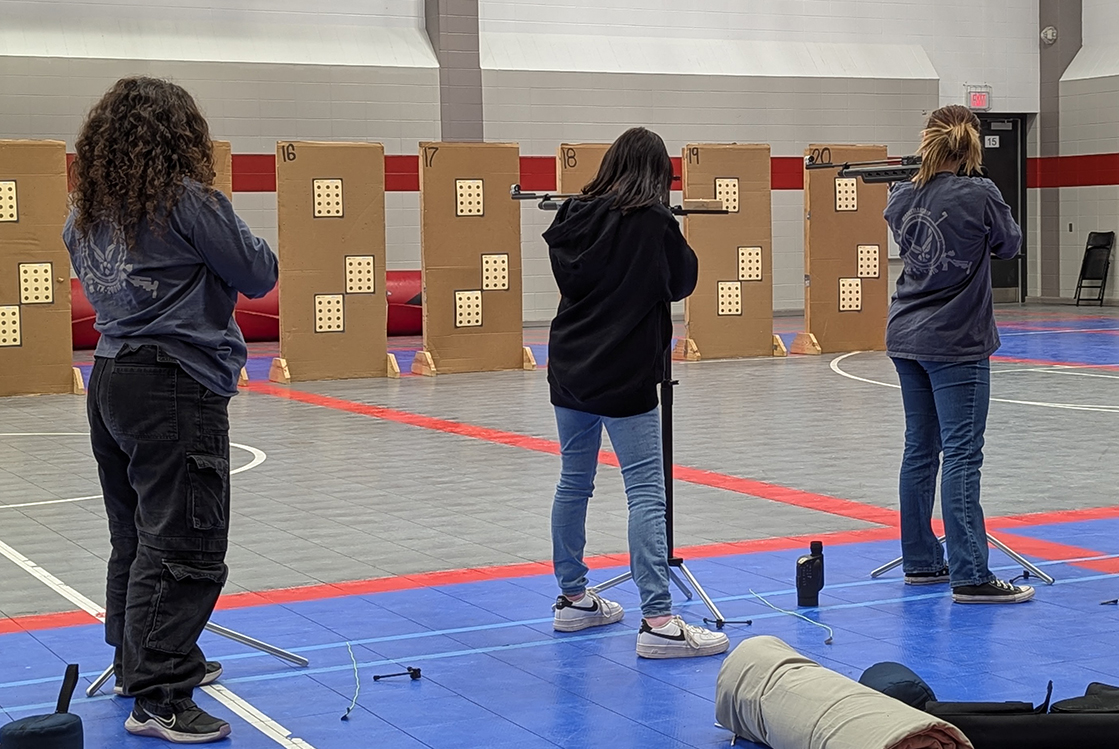As students, we often forget that teachers and faculty members also struggle to balance their work, family and extracurricular activities, but many teachers are involved in a variety of activities, and have learned how to effectively manage their time and serve as excellent examples, not just to other faculty members, but for students as well.
One such teacher is Jill Morris, math department chair, Pre-AP Pre-Cal teacher, IB Math teacher, AP Statistics teacher, Blinn professor, and mother, who finds that staying organized is key to balancing a heavy workload.
“I find lists and calendars really helpful,” Morris said. “I make lists of what needs to be done and number them. I like to scratch things off my list when they’re finished, and calendars give me long-range plans.”
Calendars and list-making are organizational tools that many busy staff members have utilized to make their jobs easier, and themselves more efficient.
“I’m very compulsive about calendars,” administrative assistant Maria Field said. “If I don’t have them in front of me, I put them on my whiteboard or my cell phone. I color code everything by priority.”
By ranking items of importance, one can better assess what needs to be done immediately and what can wait to be done.
“A strong work ethic sets the precedent for your character. If you go above and beyond, you get noticed.” – Maria Field
“I try to prioritize what has to be done immediately and what can be done later,” Morris said. “I also prioritize by importance. There are some things that really just don’t need to be done.”
For Field, maintaining a strong work ethic is what defines someone’s character and prepares them for a successful life.
“The way I was raised, a strong work ethic sets the precedent for your character,” Field said. “If people see that you’re on time, come to work, give a 100 percent and that you’re self motivated, and not just doing what you’re told to do, but if you go above and beyond – you get noticed.”
One of the ways that a strong work ethic is noticed is by students and children, as both Morris and Field said that the best way to teach productivity is through setting an example and continually working hard, even in adverse conditions.
“Our goals are to lead by example. [My kids] would notice, if I had a cough or a runny nose, I blew my nose or took a cough drop and moved on. The day goes on. If I’m deathly ill, that’s another thing,” Field said. “Example is the way we can show, because a lot of times that’s how kids learn.”
As a teacher, Morris has found that in addition to setting an example for students, helping students with organizational skills and providing productivity tools is beneficial to promoting a strong work ethic.
“Don’t just assume students know how to organize themselves, but actually teach them how to organize themselves,” Morris said. “Provide calendars, deadlines, and remind them of deadlines.”
One of the key aspects of such a work ethic that Morris promotes and teaches is centered around diligence and determination.
“[A good work ethic is] not giving up when things get hard,” Morris said. “If you don’t understand something, that’s not the time to quit. That’s the time to work harder and get help, and not be afraid to ask for help.”





